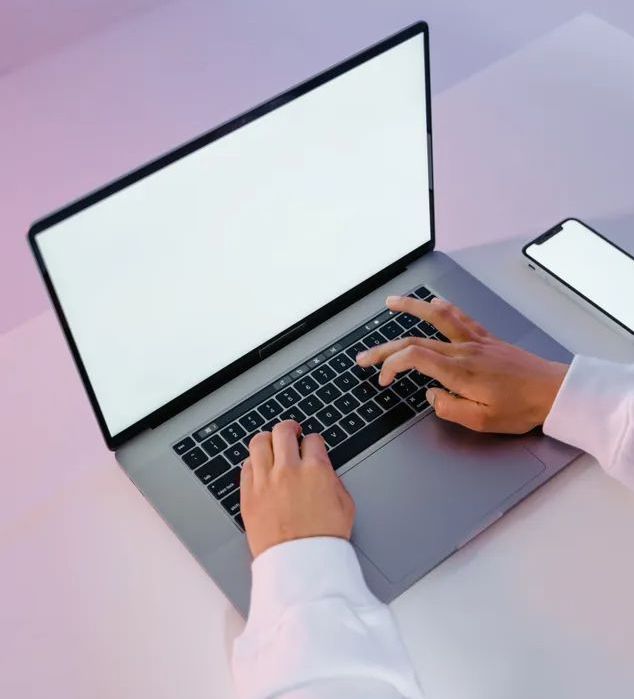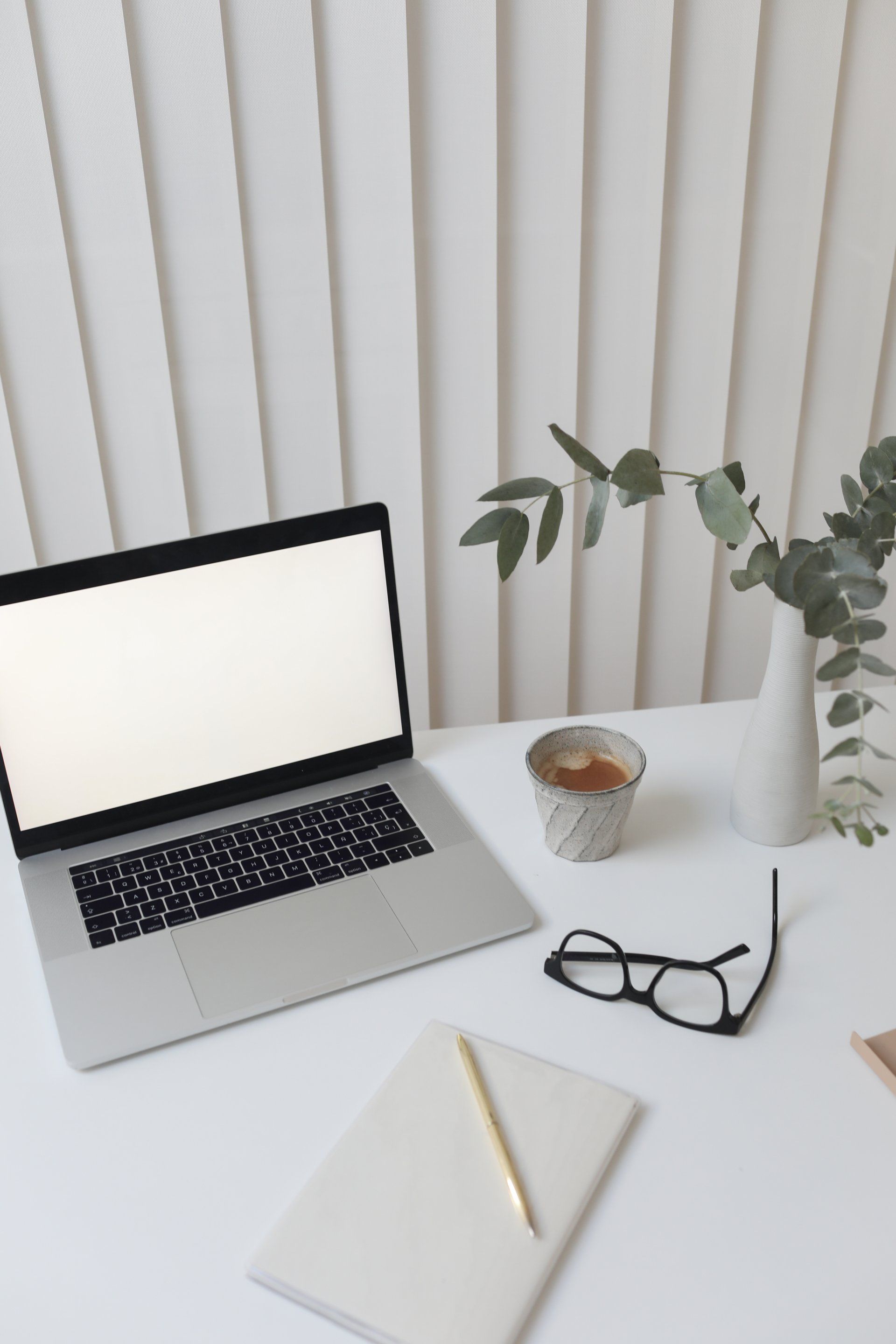Don’t Beat Yourself Up for Sweating the Small Stuff

Don't sweat the small stuff. We hear that a lot. These are the hiccups that aren't world-shaking but cloud your day. Examples could be a traffic jam on the way to an appointment or realising you’re out of milk to make your morning coffee.
The advice makes sense. In isolation, these instances are not a big deal. If you arrive a few minutes late, it's not the end of the world, and you can probably manage one morning without your cuppa (or drink it black).
These microstresses are often minor enough not to trigger the body's flight or fight instinct. But, a build-up of these incidents makes the small stuff far more sweaty. Imagine a dripping tap slowly filling a washing-up bowl. Eventually, the water in that bowl will overflow.
Throwing a guilt trip on yourself for not managing these minor stresses adds more pressure. Sometimes, you will sweat the small stuff, and you shouldn't beat yourself up for it.
Qualifying Our Stress
Do you feel your reasons for being stressed are not good enough? Do you tell yourself to stop being so weak when other people with real problems cope magnificently?
You might think telling yourself to get a grip is the best approach to snap yourself out of the situation. The trouble is this kind of self-talk becomes a shaming exercise. When we inflict shame and guilt onto ourselves, it can affect us in the following ways:
- Lowering self-esteem
- Negative thoughts
- Increasing the pressure we put upon ourselves
- Shrinking our comfort zone to avoid stressful situations
- Suffering in silence
- Burnout
Could we manage our stress better by accepting sometimes things will get on top of us?
Acknowledge How You’re Feeling
If you’re stressed, pretending those feelings aren’t there won’t make them disappear.
Think about the microstresses occurring during your day. Is there a deeper meaning behind them? You might think your rough day at work was due to the abrupt remark from your boss, worrying if a colleague misconstrued an email and having to drop everything for a last-minute request. But are these stresses more to do with worries about job and financial security? Once you identify what's really going on, you can start working on these underlying concerns.
Pay attention to how stress is physically affecting you. Do you feel tightness in your body? Are you clenching your jaw? Is your heart racing? Using breathing techniques or a body tension release exercise may help alleviate some of these symptoms.
Self-Compassion
Trade the guilt trip for a more compassionate approach. How would you react to a friend having a tough day? Probably with a lot more empathy and compassion than you give to yourself. Think of the type of positive encouragement you would show to a friend. Don't you deserve the same kindness?
Challenge Your Expectations
Are your expectations realistic? Is your to-do list for the day setting you up to fail? It could be time to re-prioritise. Start by focusing on what’s most important. Eliminate those tasks that would be nice to do but are not dealbreakers for that day.
You might initially encounter pushback if your mindset usually focuses on tackling every task like your life depends on it. Your mind will take time to retune into a new way of thinking. Talking with a friend or colleague might offer a different perspective for helping to cut back that list.
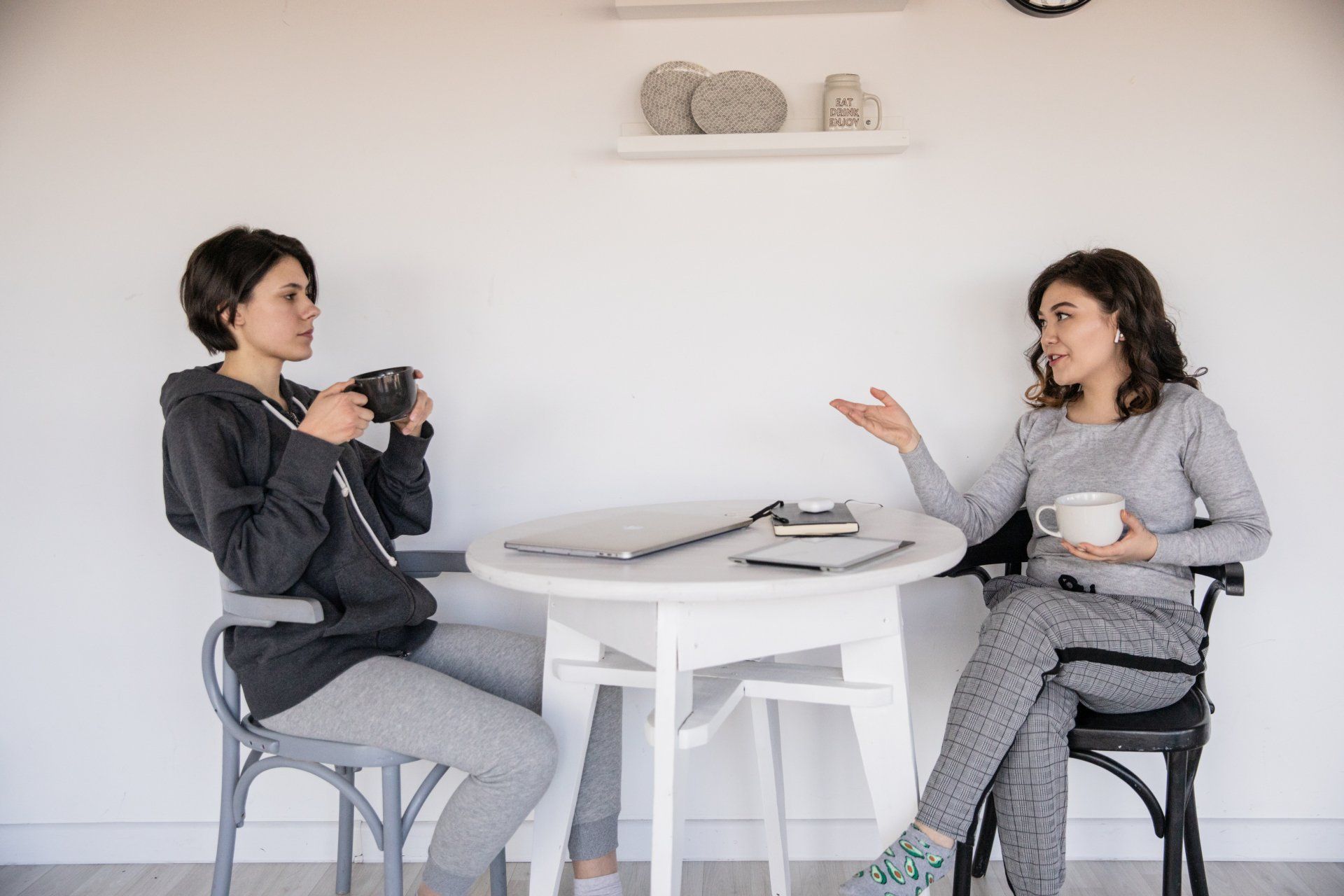
Communication is Key
It can be hard to reach out for assistance when we’re overwhelmed. We might think it negatively reflects how capable we are at our job or how good a parent we are. The expectations we put on ourselves to be the perfect employee, parent, partner, or friend can be crucifying.
A 2018 YouGov survey on behalf of the Mental Health Foundation found that 74% of the participating adults felt overwhelmed or unable to cope with stress at points during the previous year. When you start speaking to people, you’ll likely find many who relate to your situation.
Asking for help is not failure. It’s one of the most proactive things you can do for yourself. When you’re in the thick of a stress spiral, you sometimes need fresh eyes to view the situation. It can lead you out of the fog towards finding a workable solution.
Take a Break
It seems counterintuitive when you have a lot going on. I get it. I still have a push-on-through tendency. But I also know if I heed that advice, I feel calmer, if only for a short while.
Even five or ten minutes can help. Perhaps it’s a moment of quiet where you sit and focus on your breathing. It could be getting some fresh air outside. If you need an energy boost, try dancing around the room to that song that always puts a smile on your face.
From the moment we get up, we’re into our daily routines, often with our bodies going from zero to ninety. If you have a full schedule, set your alarm ten minutes earlier to ease into the day. Use the time to take a mindfulness moment, even if it's just sitting down to enjoy a cuppa, rather than hastily slurping it down before you race out the door.
Identify Practical Solutions
Are there areas where you could alleviate some of your microstresses?
If the traffic on your drive to work is problematic, could there be a workaround? Are there different routes you could try? Does your employer offer flexible working so you can avoid travelling during peak hours? Is there potential to work from home a couple of days a week so you don’t have to face the slow crawl to work every day? Could you arrive early and get some personal admin done before starting work?
Could you reorganise your working methods? If you're constantly flitting from one task to another, assess how to reduce multitasking during your day. Multitasking feels exhausting, plus everything takes longer to do. Set focus periods free from email notifications and distractions, where you work on one job for an allotted time.
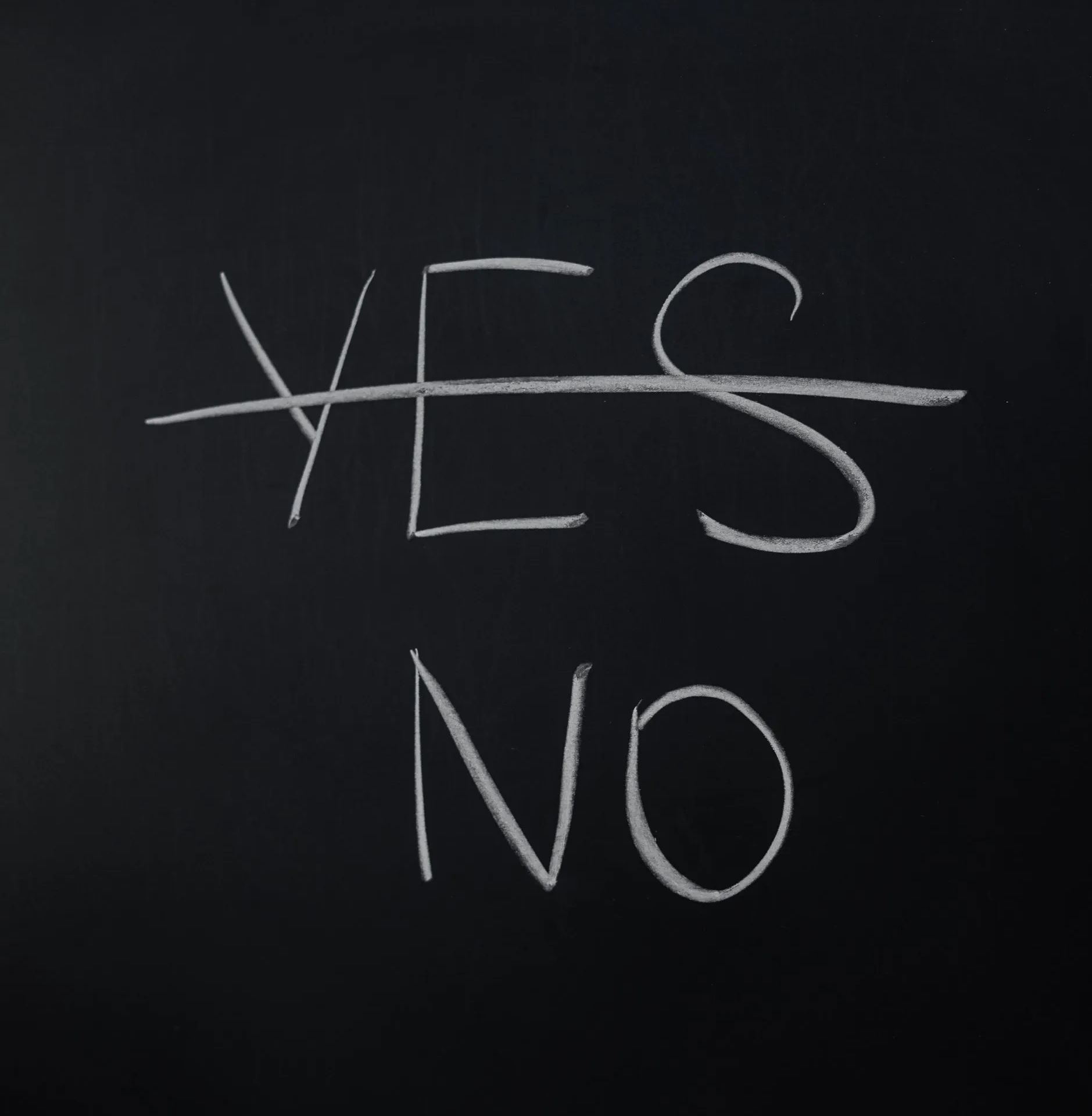
Establish Boundaries
If you’re a people pleaser, saying no isn’t easy, but sometimes we need it for the good of ourselves. If you’re floundering, you won't be able to show up for others anyway. You might feel awkward the first time you say no, but like most things, it gets easier the more you do it.
The Importance of Sleep
Stress can affect your sleep, but you need a decent night's sleep to help manage your stress levels. So, what do you do?
Establish a wind-down period each evening before bedtime. Put light-emitting mobile devices to one side, as these can interfere with our sleeping patterns. Opt for reading or listening to relaxing music rather than an episode of your favourite high-intensity thriller. Avoid stimulants like caffeine and alcohol. Optimise your bedroom for sleeping by ensuring the room is not too cold or stuffy.
If you're lying awake, it might be worth getting out of bed and sitting in another room. Try to relax and don't put pressure on yourself. Return to bed when you feel tired again.
Managing Microstresses
We can mitigate microstresses to an extent, but we’ll never eliminate them. There will always be times when everything seems to pile up on us. When this happens, the best thing we can do is to stop the negative self-reproach and allow ourselves to feel it. Sometimes you've got to sweat the small stuff, and that’s OK.
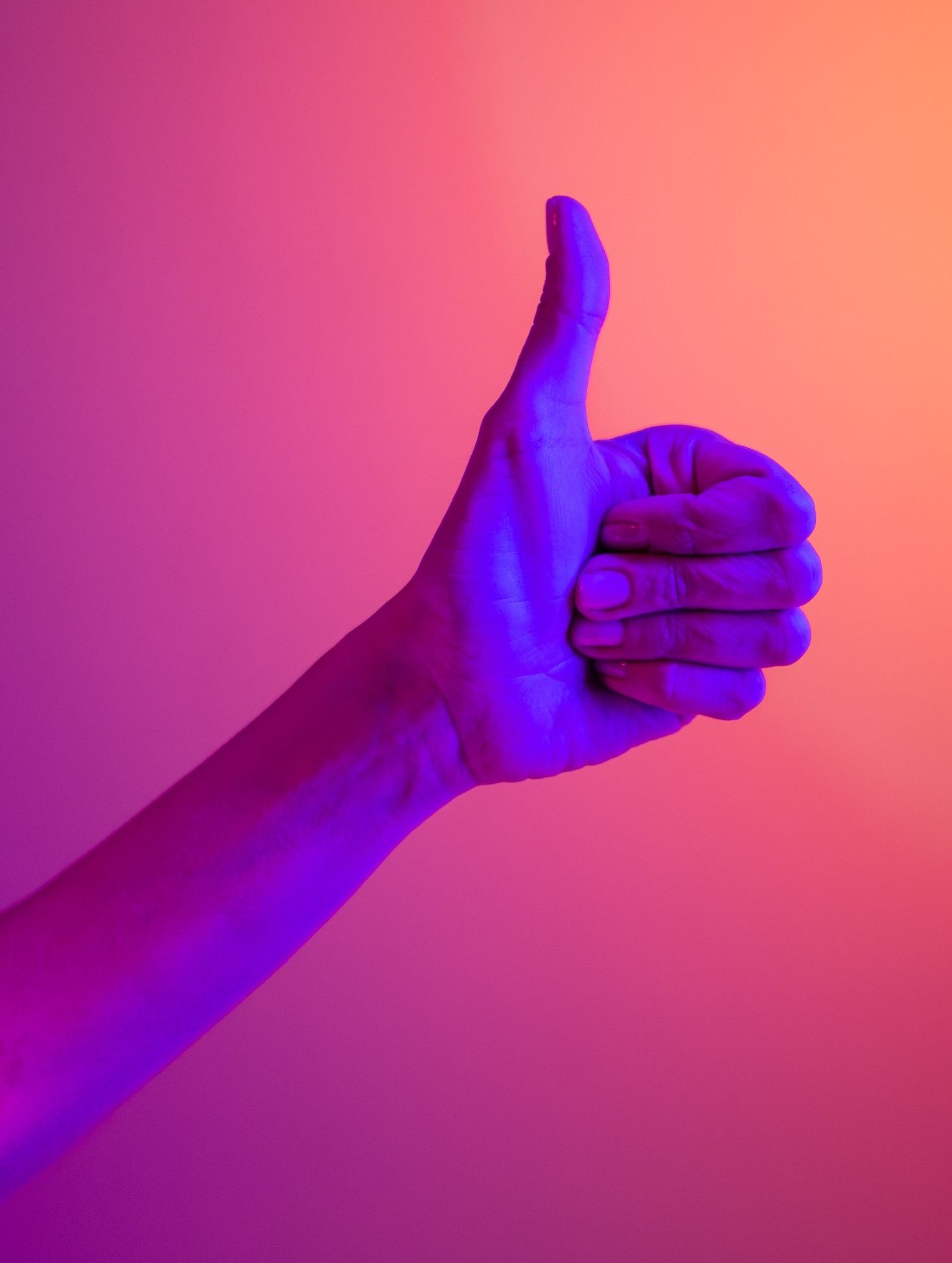
Thanks for Reading!
I’m a lifestyle and wellbeing freelance writer. I love writing blog posts where I get to research ways that help us live and work better. If you need help keeping your blog up to date, please get in touch.







